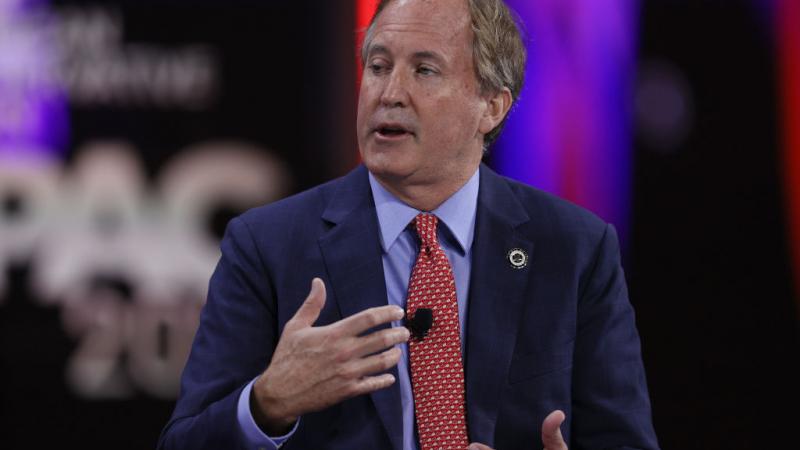Ballot initiative to rescind Florida’s abortion laws gets required signatures
There is at least one more hurdle before the measure can go on the ballot.
A petition drive for a ballot initiative to rescind Florida’s abortion laws has received more than the required number of signatures to get on the 2024 ballot, according to the group sponsoring the vote.
“Today is a big day for all Floridians!” read a post to Facebook by Floridians Protecting Freedom.
The elections division is reporting 910,946 verified signatures, according to the group.
“What a huge milestone for abortion access in our state!” the social media post read.
The ballot initiative was launched eight months ago, Campaign Director Lauren Brenzel said in a release.
“The fact that we only launched our campaign eight months ago and we’ve already reached our petition goal speaks to the unprecedented support and momentum there is to get politicians out of our private lives and health care decisions,” Brenzel said. “Most initiative campaigns never make it this far. The ones that do usually spend far more or take much longer to qualify, which is why we’re so confident that voters will approve our amendment once they’re given a chance to vote.”
A request by The Center Square was unsuccessful seeking comment from the Florida Secretary of State Office.
There is at least one more hurdle before the measure can go on the ballot. Florida Attorney General Ashley Moody has asked the Florida high court to throw out the proposed amendment from the ballot, saying the language could mislead voters.
The proposed ballot initiative reads: “No law shall prohibit, penalize, delay, or restrict abortion before viability or when necessary to protect the patient’s health, as determined by the patient’s healthcare provider. This amendment does not change the Legislature’s constitutional authority to require notification to a parent or guardian before a minor has an abortion."
Moody has said Amendment to Limit Government Interference with Abortion, as the proposed ballot initiative is formally known, does not define “viability” and that the word can have more than one meaning.
Amid months of speculation, news leaked on May 2, 2022 that the U.S. Supreme Court would reverse Roe v. Wade, and it happened in June.
On April 15 that year, Republican Gov. Ron DeSantis signed a ban on abortions after 15 weeks. Abortions were legal until 24 weeks prior to the law taking effect in July 2022. That law is now challenged in the state Supreme Court, led by Planned Parenthood chapters, which filed in January of last year.
In yet another step ahead move, DeSantis this past April signed another bill which would prohibit abortions after a fetal heartbeat is detected, which is usually about six weeks. That bill's effective date is 30 days after the state Supreme Court rules on the 15-week ban.
Seven states have held referendums on abortion rights, Floridians Protecting Freedom said.
“All seven have affirmed support, including conservative states like Kansas, Kentucky, and most recently Ohio,” the group said. “States like Florida and Arizona are poised to follow suit in 2024.”
















